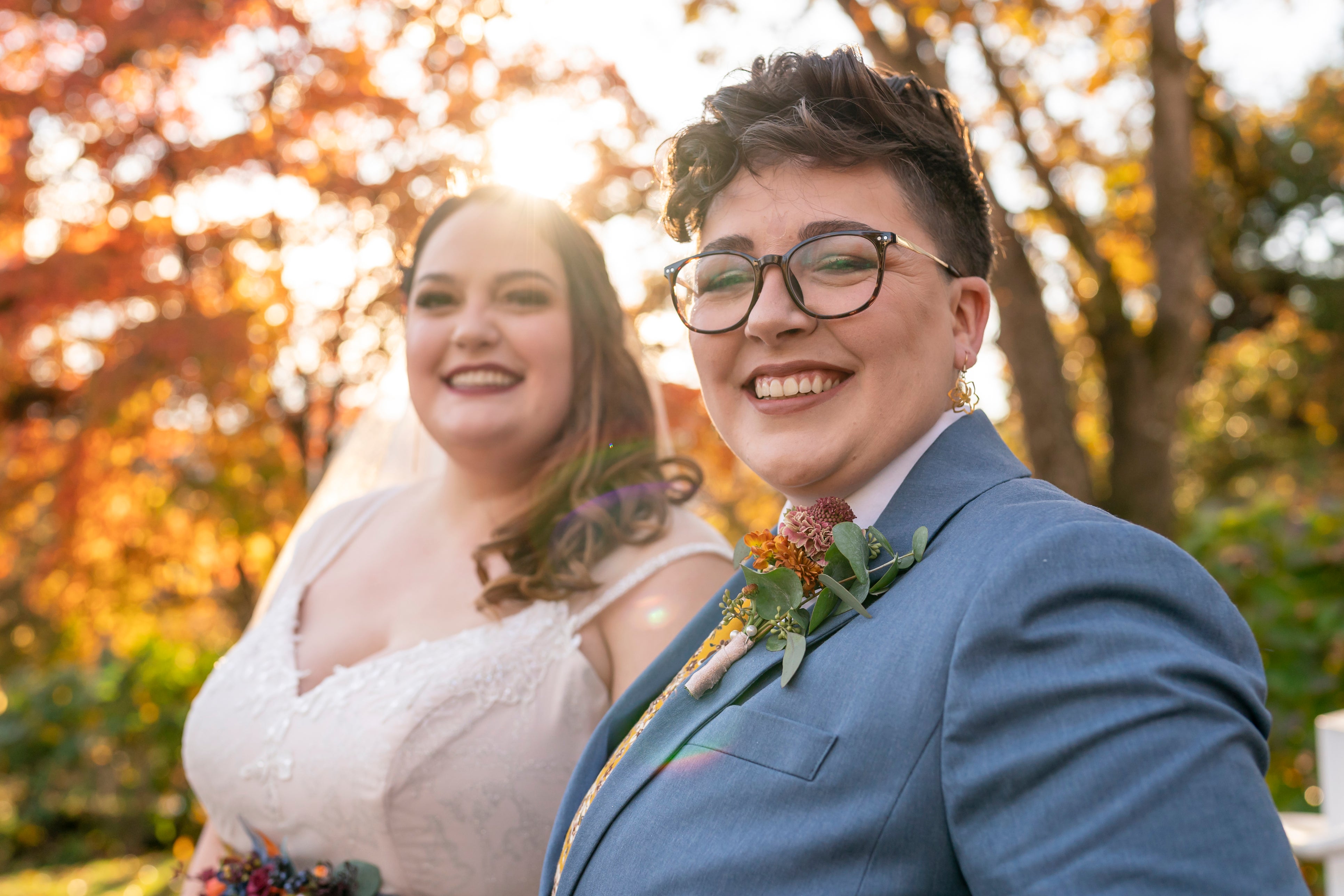Wedding laws ‘outdated and restricted’, new research says
The Law Commission is now considering reforms proposed by the report

Your support helps us to tell the story
From reproductive rights to climate change to Big Tech, The Independent is on the ground when the story is developing. Whether it's investigating the financials of Elon Musk's pro-Trump PAC or producing our latest documentary, 'The A Word', which shines a light on the American women fighting for reproductive rights, we know how important it is to parse out the facts from the messaging.
At such a critical moment in US history, we need reporters on the ground. Your donation allows us to keep sending journalists to speak to both sides of the story.
The Independent is trusted by Americans across the entire political spectrum. And unlike many other quality news outlets, we choose not to lock Americans out of our reporting and analysis with paywalls. We believe quality journalism should be available to everyone, paid for by those who can afford it.
Your support makes all the difference.Wedding laws in England and Wales are “outdated and restricted”, according to new research from the University of Warwick and Exeter.
The study states that existing laws do not reflect the diversity of faiths and beliefs in contemporary society.
Ash Patel from the Nuffield Foundation, which funded the research, said it highlighted the discrepancy between outdated wedding laws and the preferences of modern society.
He said: “It makes a clear case for urgent reform to wedding law so that it better reflects the cultural and social diversity and richness of the individuals and communities that make up the population of England and Wales.”
Researchers spoke to 170 people via focus groups and interviews, of whom 82 were involved in conducting non-legally binding ceremonies and 88 had gone through such a ceremony.
Under the current law in England and Wales, a civil wedding can only be conducted in a register office or “approved premises”, such as a hotel or stately home.
There are special rules for Anglican, Jewish and Quaker weddings, but other religious weddings can only be conducted in a registered place of worship and must include words prescribed by statute.
And despite growing demand, there is no current option for a couple to have a legal wedding led by a Humanist or independent celebrant.
Now, The Law Commission is considering reforms that the authors of the report support, including removing the need for prescribed words in wedding ceremonies and allowing a wider range of locations.
Lead researcher Dr Rajnaara Akhtar said: ”Our findings suggest that reform of weddings law is not only important but also achievable and is long overdue.
“Our participants believed the Law Commission's proposals for reform would make it easier, more inclusive, and cheaper for couples to have a legal wedding that was meaningful to them.”
The news comes as the bill to increase the legal age of marriage from 16-years-old to 18-years-old has passed through the Commons and is awaiting consideration by the Lords.
Unlike most of its neighbours, Britain allows 16-year-olds to wed with parental consent.
It is hoped that the new bill will help prevent forced marriages and has been welcomed by campaigners.
“Child marriage is child abuse,” said the health secretary, Sajid Javid.
Data published by the Office of National Statistics in August 2021 revealed that marriage rates between men and women had dropped to the lowest numbers on record.
Opposite-sex marriages had fallen by 47 per cent since 1972, largely because of people delaying marriage or couples choosing to cohabit instead.
Join our commenting forum
Join thought-provoking conversations, follow other Independent readers and see their replies
Comments